I was talking to a client last week and something she said stood out for me because so people often say or think something similar.
My client was telling me about the frustration she's been feeling quite regularly. When I asked her to give me an example of a recent time she felt frustrated, she told me of an evening when she found herself extremely frustrated about potatoes not boiling quickly enough for dinner.
Then she said the critical thing:
"I know I shouldn't feel that way."
This is the thing so many people tell themselves; sometimes consciously and sometimes subconsciously.
Do you ever notice that you tell yourself that you "shouldn't" feel a certain way? Or perhaps you try to change the way you're feeling?
When it comes to negative emotion, more often than not, we either [A] stew in it, telling ourselves the story over and over of why we feel the way we feel, of [B] try to brush it aside and tell ourselves we shouldn't feel this way.
But what if emotion is wise, accurate and perfect in EVERY circumstance?
In my session with my client, I invited her to consider the possibility that her emotions never lie, and that they are always showing her the truth of what's going on for her.
I asked her, "were you REALLY frustrated about the potatoes, or were you frustrated about something else?"
She first told me it was really the potatoes, but as we investigated further, she realized that she'd been frustrated from the moment she arrived home. Her partner was already home as she came home late from work. All of the household chores, including dinner, were waiting for her to be started. Her frustration started with her partner not chipping in, but it was safer to be frustrated about the potatoes, than to name the REAL source of the frustration.
When we fixate on the emotion itself, we typically end up having one of two opinions: [A] I am "right" to feel this way, and so we stew in the emotion; or [B] I am "wrong" for feeling this way, and so we try to push it away.
But what if instead of deciding if we're right or wrong, we simply look at our emotions are information?
To elaborate this further, I'll borrow a page from NVC (Non-Violent Communication), as developed by Marshall Rosenberg.
In NVC our emotions simply show us when our needs (or values) are either being met, or not. If our needs are being met, we feel content, happy, good, loved, etc. We feel positive emotion.
If on the other hand, our needs are not being met or our values not honored, we feel angry, hurt, frustrated, etc. We feel negative emotion.
So then again, if instead of forming an opinion about the "rightness or wrongness" of our feelings, we choose to become curious about what the emotions might be telling us, we can very quickly find what need or value is not being met.
When I presented this to my client, she was able to see that her needs for acknowledgement and cooperation within her relationship were not being met. All of a sudden, she was able to envision a very calm conversation with her partner, where she could articulate her need for greater cooperation between the two and how much she loves it when they act like a team at home.
No longer is there need to push away the frustration, or tell herself that she shouldn't feel the way she's feeling.
Her frustration is a doorway that allows her to see that her needs are not being met. And by clearly identifying the unmet need, she is able to have a constructive conversation that creates an opportunity for deeper connection. She's no longer stewing in her frustration, nor is she pushing it away.
Do you have certain feelings you stew in?
Or perhaps some feelings are difficult and so you try to push them away...
Do you tell yourself (or does someone else tell you) not to feel the way you feel?
So rather than stewing or pushing the feeling away, welcome your feeling as if it were your best friend, and ask what it's trying to say to you.
Ask the feeling:
What need or value is not being met in this situation?
See what comes up. I suggest you journal about it and write the following structure. This is an adaptation of the basic model of NVC communication, which I love:
- What is the situation as if it were captured in a photograph?
- What's the emotion you feel as a result?
- What is the need or value that isn't being met?
- What can you do about this now?
I suggest you write your observations as you answer these four questions and see what you discover.
Curious about whether you're carrying ancestral patterns of emotion?
Until March 31, I'm still offering a special discounted rate to start your family histogram.
It can be a revealing exercise to thread the story from one generation to the next, and see how you are very much a product of your ancestral tapestry.

